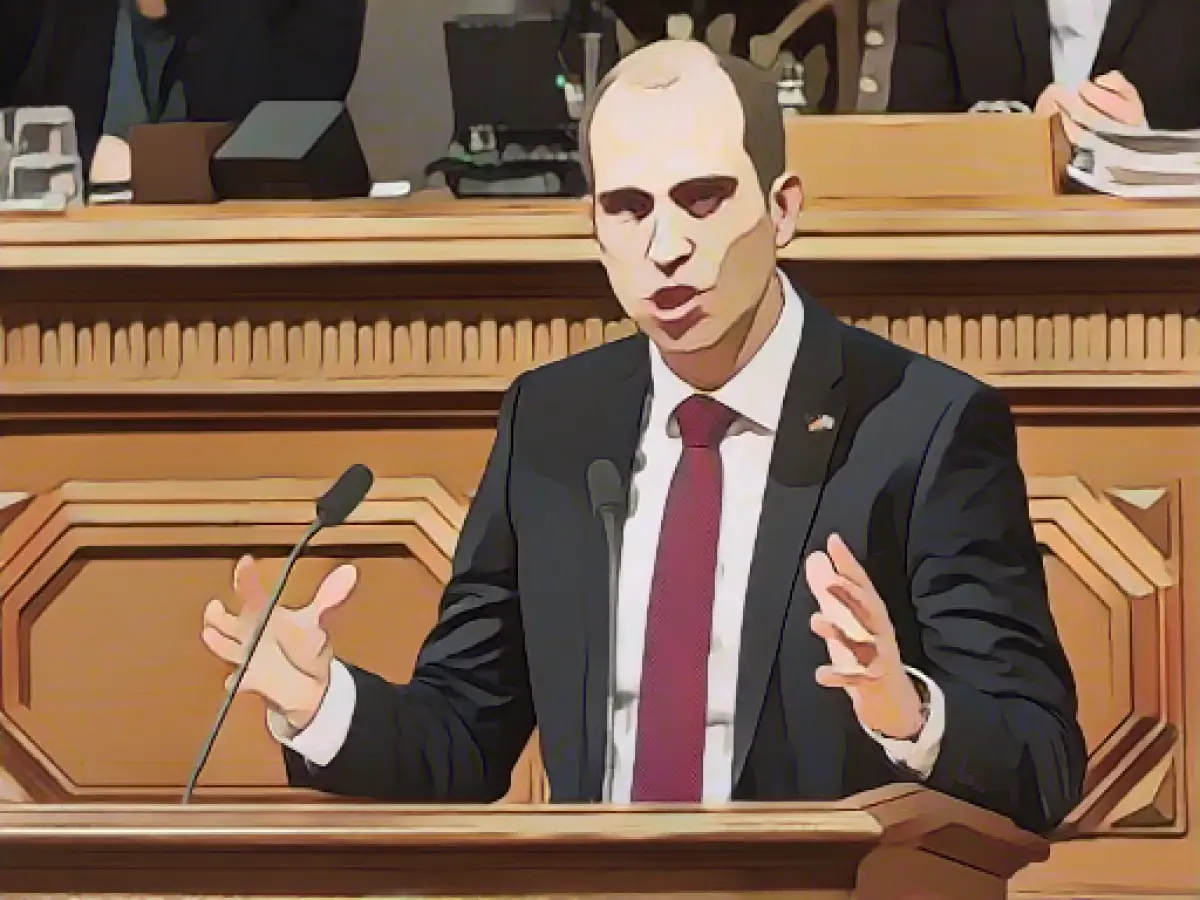CDU Parliamentarian Thering Opposes Loosening Debt Brake Restraints
Hamburg's CDU parliamentary leader, Dennis Thering, bravely dissents against loosening the debt brake constraints. "The debt brake holds significant merit and should remain enforced," Thering asserted this past Sunday. The possibility of an unconstitutional budget shouldn't result in modifying the constitution, Thering posited. Instead, the focus should pivot towards reinstating solid and constitutional fiscal policies.
Intergenerational Justice at Stake
"The government's recent strategy to elicit assistance using a retroactive 'emergency' declaration is merely a deceitful ruse and contradicts the recent Federal Constitutional Court's ruling," Thering pointed out. The debt brake is a safeguard for intergenerational fairness; relief from it would necessitate exiting several politically-motivated initiatives.
Withdraw the Billion-Euro "Citizen's Income" Initiative
The "Citizen's Income," a billion-euro program, should halt immediately, according to Thering. This initiative carries damaging implications by offering more attractive incentives to unemployed, capable workers than to engage in productive employment.
Unconstitutional Budget Amendment Conviction
On November 15, the Federal Constitutional Court ruled the German Government's second supplementary budget for 2021 unconstitutional due to indecencies in debt brake exception adaptations. In their effort to reallocate emergency funding towards climate protection initiatives, the Government aimed to utilize these loans.
Dennis Thering's stance on the debt brake aligns with prominent CDU/CSU figurehead, Friedrich Merz. Merz, who opposes substantial modifications to the debt brake, underscores the importance of a cautious approach. As inscribed in Article 115 of the German Basic Law, revenues must equate to expenditures with lending exceptions deemed necessary only for emergency situations.
Merz promoted saving measures to curb runaway expenses, such as less generous subsidies and incentivizing more people to work. His approach stresses fiscal prudence and restrictive budgeting. In contrast, alternative views advocate for modernizing the debt brake, allowing for enhanced levels of debt, similar to developed economies such as the US, Italy, France, the United Kingdom, Canada, and Japan, whose nationwide debts significantly surpass 100% of their respective GDP.








